
Hey there! Welcome to Platform Weekly, your weekly walk through the platform engineering park. Every week we share the latest and greatest in the platform engineering universe and break down best practices, lessons, and news from the platform engineering community.
4000 microservices, 8 million customers, 1 Internal Developer Platform

Two weeks ago, we had our most successful platform engineering community webinar ever. With 1000+ people tuning in.
Why was it so huge? Well, it was kind of the perfect story. It was the epic saga of how Sicredi, a 100 year old credit union in Brazil (8 million clients, 2700 branches, over 45,000 employees) built their Internal Developer Platform.
It’s one of the best examples I’ve seen of the rise of platform engineering. Not to mention - their IDP is insane.
The Sicredi IDP involves 2 cloud providers, 4089 micro-services, 6728 components, and much much more and they deploy ≈1053 times per day.

The company started in 1902, so you can imagine the number of legacy systems and tech debt that is floating around in there. Fast forward to 2017, they’re embracing Agile and DevOps, adopting microservice architectures, and streamlining processes, and automating.
And we all know how that story goes. They continue to face challenges with slow development cycles and longer time to market for new features. The load on developers 10x’d and they realized they needed to do something different. Enter platform engineering.
Their Internal Developer Platform needed to:
- Get developers working independently
- Speed up everything
- Let the company scale (without an explosion in complexity)
To get a platform that delivers what you want, you need to focus. And that’s exactly what Sicredi did. The IDP was built with automation and self-service in mind, hitting big areas that solve problems (but not covering every use case that exists) allowing developers to independently provision resources, deploy applications, and manage infrastructure etc relatively fast. At the same time, they built security and strict governance directly into the platform so as things sped up, they weren’t creating any risk of blowing things up (especially with the increased measures that need to come from being a financial company).
Then comes the question of adoption. Did they solve it by just forcing everyone to use the platform? Well, they did something better. They just made the platform so good, you’d be a fool not to use it. DevEx built right into it, bureaucratic overhead chopped out.
At the same time, people were trained with specific platform engineering principles in mind to understand the power of it, and what it could do.
Ofc the journey doesn’t stop there though. They’ve got a product now that works great and delivered the insane results they were hoping for - but will also constantly need to grow, and change and adapt. And that’s exactly what they’re doing.
The platform has a dedicated team (with a platform as a product mindset) constantly taking in feedback, adjusting, tweaking and changing the platform to keep growing and improving every day.
I love to see it.
There is a lot more that could have been said. But better to hear it from Tiago, and Eduardo themselves.








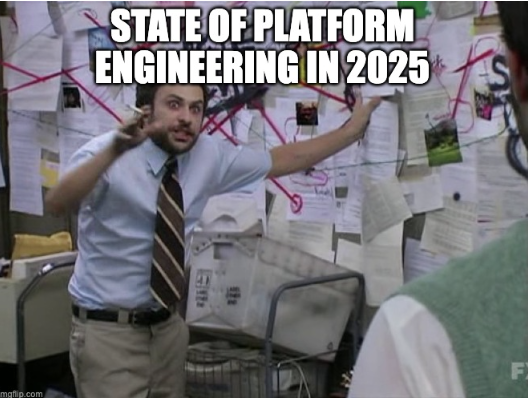






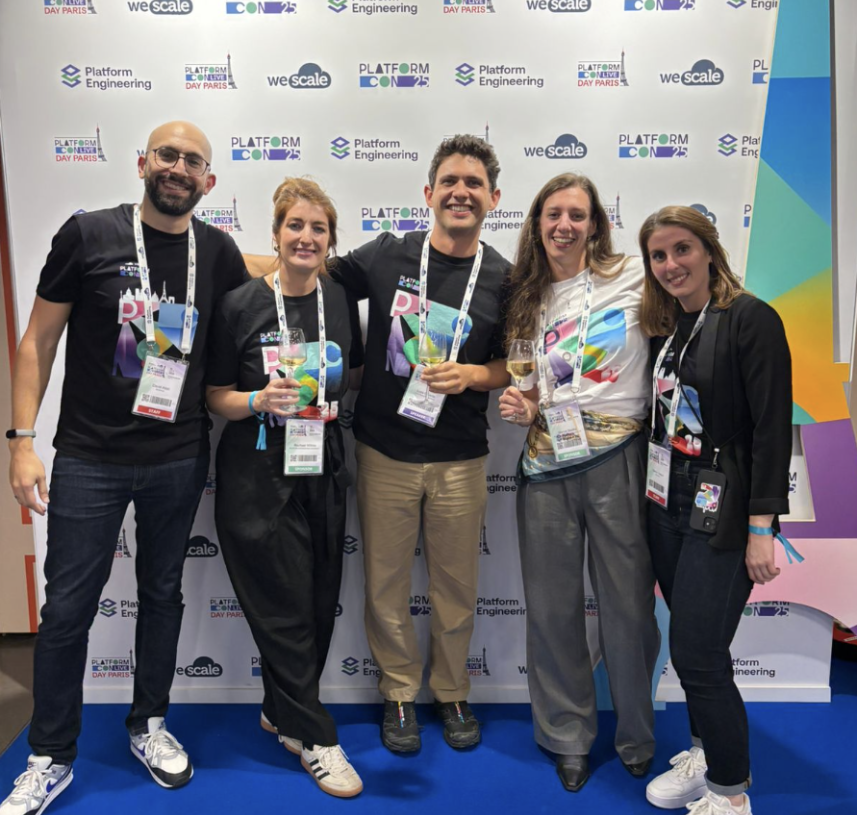





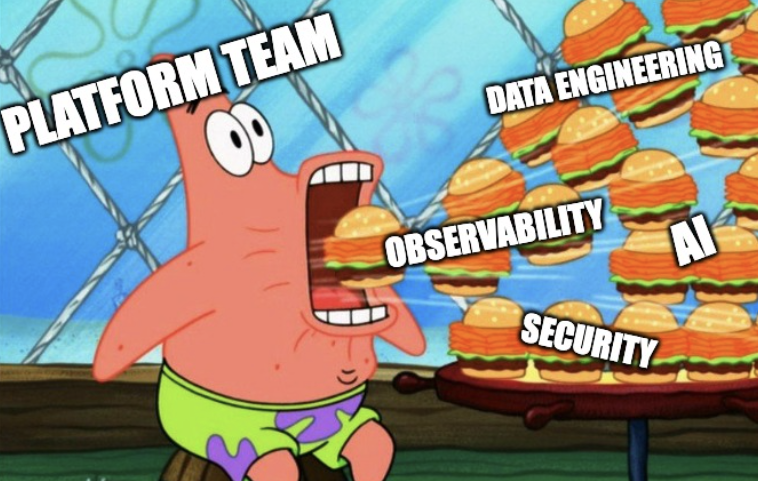




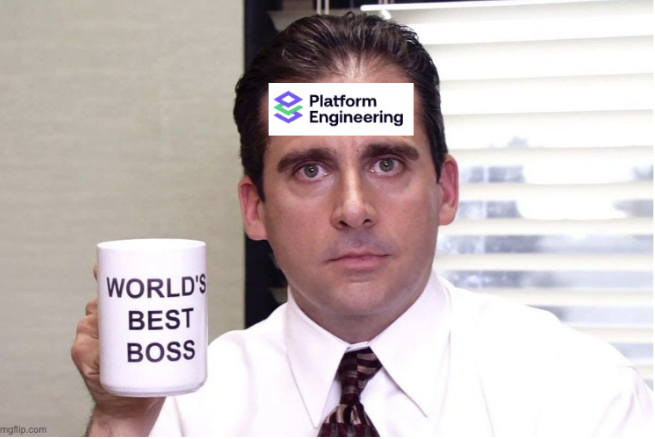
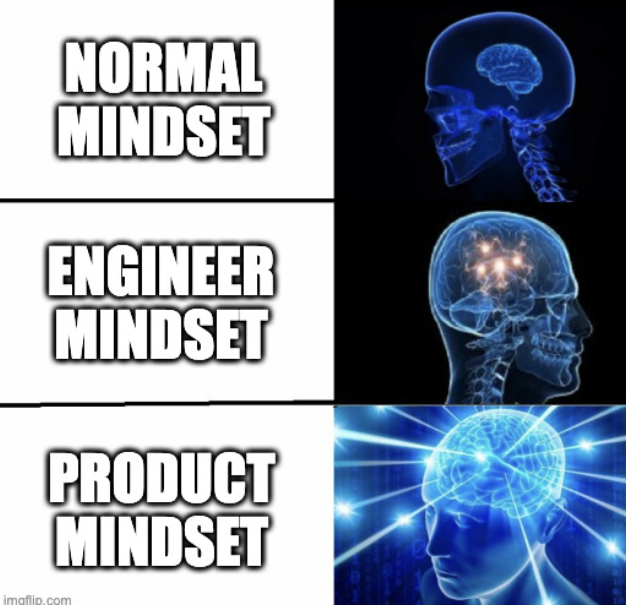

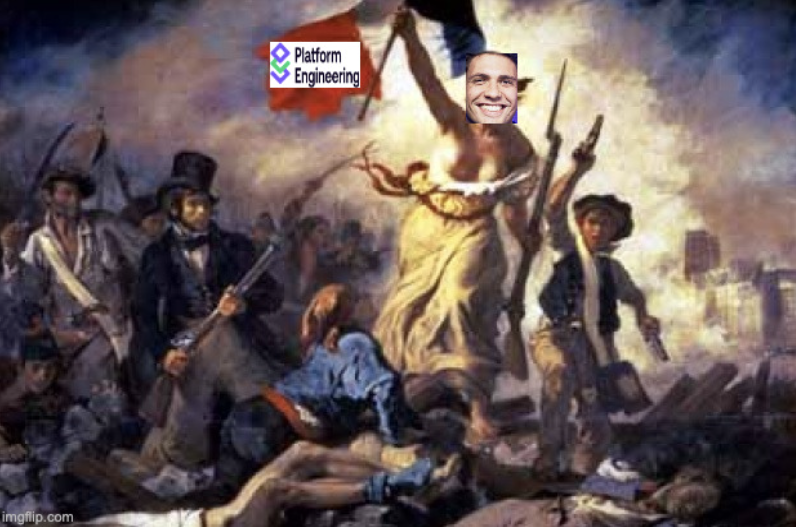

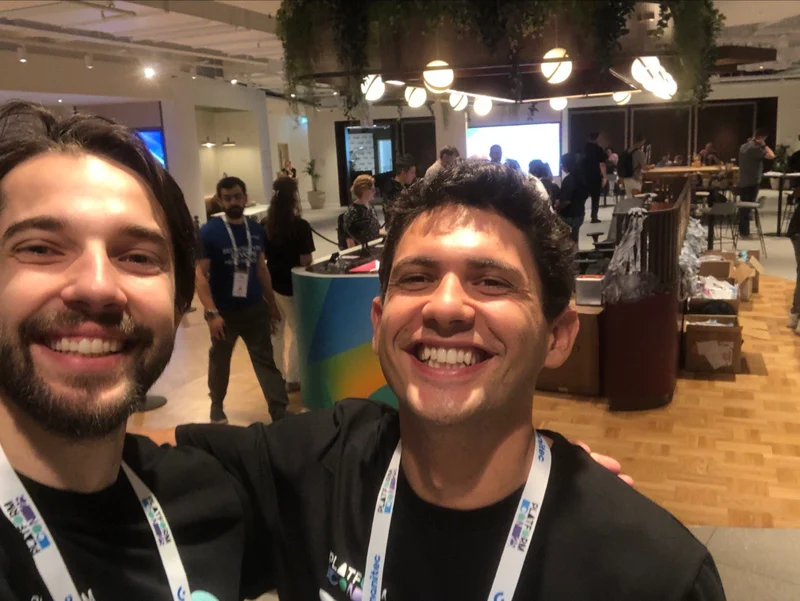

.webp)
.webp)




.webp)
.webp)


.webp)
.webp)
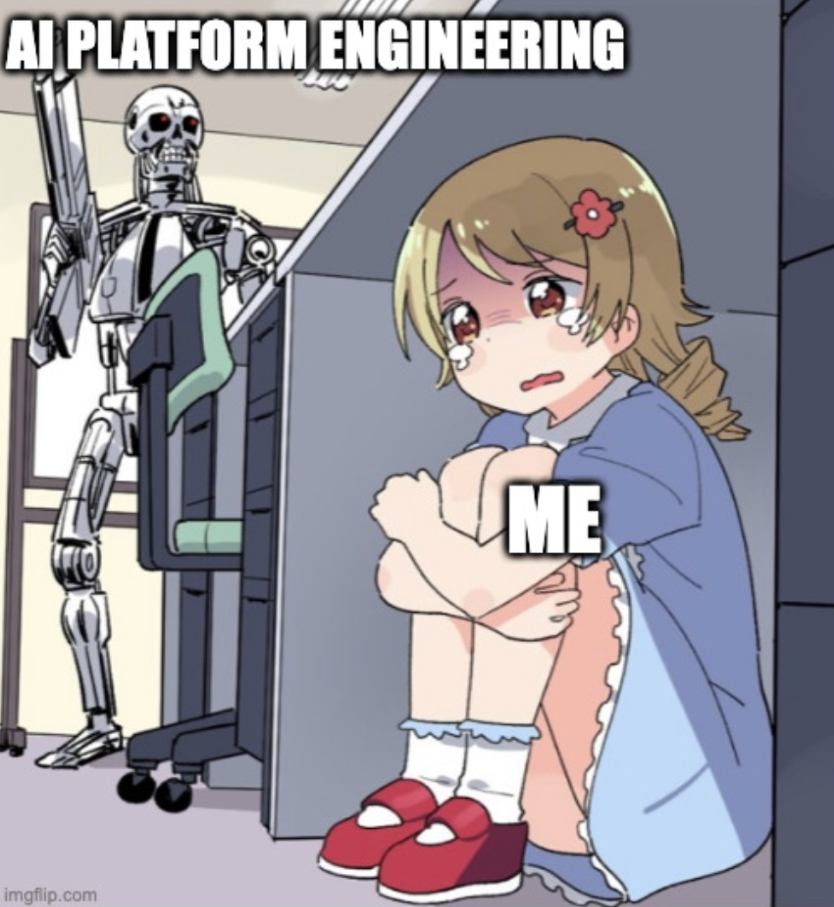
.webp)


-1.webp)














.jpg)
.jpg)
.jpg)
.jpg)
.png)
.jpg)
.png)
.jpg)
.jpg)
.jpg)

.jpg)
.jpg)
.jpg)
.jpg)
.jpg)
.png)
.jpg)
.jpg)
.jpg)
.jpg)
.jpg)
.jpg)
.png)
.jpg)
.jpg)
.jpg)
.jpg)
.jpg)
.jpg)







